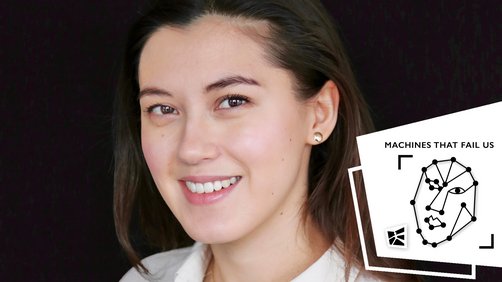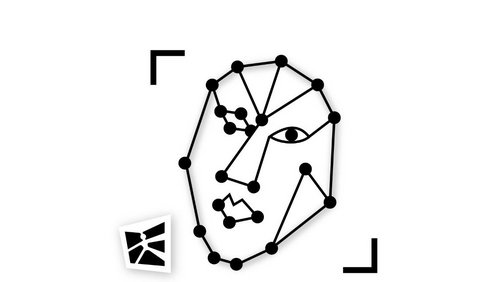Opinions - 26.01.2023 - 14:00
Do term papers have a future?
Thanks to ChatGPT, any text can be written in no time. It's time to think about the role and importance of homework in schools and universities. A contribution by Vito Roberto and Roman Schister.

Dank ChatGPT ist jeder Text im Nu geschrieben. Es ist an der Zeit, über Rolle und Bedeutung von Hausarbeiten an Schulen und Universitäten nachzudenken.
"Written assignments are an important part of education, as they help students deepen their understanding of certain topics and improve their writing and argumentation skills. Next, they allow teachers to assess student performance and provide feedback to help students improve their knowledge and skills."
The preceding paragraph was written by the chatbot "ChatGPT," which the U.S. company OpenAI released last November. All the program had to do was ask, "What is the importance of written work in education?" The result is impressive: The text produced contains points essential to the question posed, is coherent, linguistically correct and could have been written by a human.
Tell me, how do you feel about artificial intelligence?
Pupils and students can also take advantage of these benefits. An essay about the Gretchen question from Goethe's "Faust" is delivered by ChatGPT just as reliably as an outline for a seminar paper about the liability of a motor vehicle owner. However, a work ready for submission is not yet created with it. However, the new technical tools make it possible to write term papers with minimal effort. This poses new challenges for schools and universities, where term papers form a significant part of the performance assessment.
The city of New York quickly recognized the risks and summarily banned ChatGPT at its schools. In addition to the obvious enforcement problem, a ban is unlikely to be effective from an educational perspective: Educational institutions should claim to prepare for a digitized world with their offerings. Setting up an "analog sandbox" in which people pretend that ChatGPT does not exist has the exact opposite effect.
Moreover, programs like ChatGPT also bring opportunities. For example, they can help reduce inequalities in educational opportunity. In the past, those who could rely on assistance in their social environment or could afford external support financially benefited. Ghostwriting and editing services will be democratized by the new opportunities. It is true that OpenAI has already announced that a paid version is planned for ChatGPT. However, such offerings will still be significantly less expensive than their traditional counterparts.
Educational institutions are challenged
Language models like GPT are trained to produce text. They use probabilities to evaluate how a sentence that has been started will continue. The result is often error-free in terms of language, but sometimes completely wrong in terms of content. For the time being, authors of term papers must therefore at least be familiar enough with the subject matter to be able to correct errors made by the software.
Nevertheless, the content and objectives of written papers will have to shift over time. There will no longer be any room for purely descriptive papers, unless they are intended exclusively to test skills in the use of new technologies. Instead, tasks with higher levels of complexity such as factual analysis, problem solving and critical thinking will be required. This step is to be welcomed, but will inevitably involve a considerable additional workload for teachers in terms of preparation and correction.
In view of their teaching resources, educational institutions will have to ask themselves whether homework to the current extent, which meets the new content requirements, is still possible. Meanwhile, artificial intelligence-based programs are getting better by the day. Educational institutions would therefore do well to start thinking about the future of written assignments today.
Vito Roberto is Professor of Private, Commercial and Business Law, Roman Schister Postdoc at the University of St.Gallen.
A detailed discussion of the topic will appear in the "Jusletter" of February 6, 2023.
Image: Adobe Stock / marritch
More articles from the same category
This could also be of interest to you
Discover our special topics
















